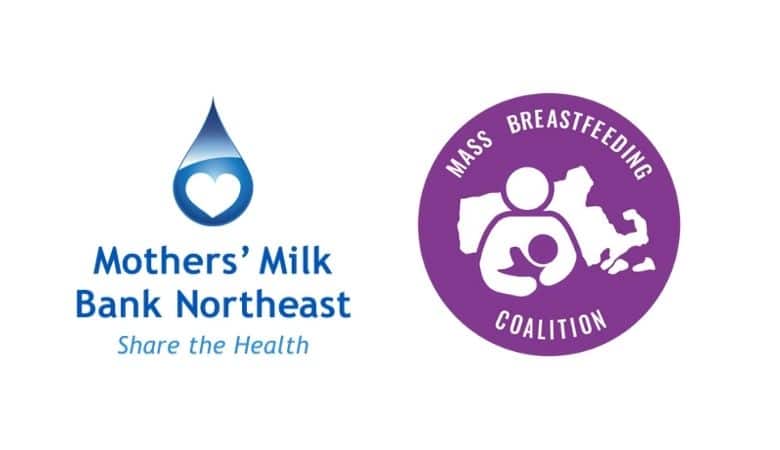
By Deborah C. Youngblood, PhD, Naomi Bromberg Bar-Yam PhD, and Emily Sylvester, MS, RD, LDN, IBCLC
The COVID pandemic brought forth supply chain interruptions, resulting in shortages and unpredictable availability and distribution of many essential items, including infant formula. This two-year shortage was exacerbated in February 2022 when Abbott Labs recalled several of its powdered formulas and closed one of its factories due to serious, and sometimes fatal, bacteria found in the formula. Multiple infants were hospitalized and two died. Now parents are struggling. There is not enough formula for all of those who require it. And there are fact-based concerns about whether formula is safe for infants after these most recent incidents.
Addressing the formula shortage
There are two ways to address a shortage: more of the product, and less demand. Corporations are mandated to maximize profits for their investors and shareholders. They achieve this by creating more demand and more product. This is a key part of the history of formula use in the US (and beyond).
Infant formula is a key element of the infant nutrition landscape; there are mothers for whom breastfeeding is not an option and mothers for whom it is not a choice they want to make. Similarly, there are babies for whom breastfeeding is not an option. However, there would be less demand for infant formula if breastfeeding were more supported in the US, legislatively, in workplace policies and practices, and in the culture at large. To consider the formula shortage without taking a longer view on the feeding of babies in the US is deeply shortsighted and increases the risk we will find ourselves facing these challenges again and again.
As a society, this raises questions we have preferred to silence. Is our large-scale dependency on infant formula the best strategy to provide for infant nutrition? How can we expand parental choices and ensure that infants receive high quality nutrition during their first year of life when critical development is taking place? How can we provide better support for breastfeeding for those for whom it is both a possible and a preferred choice?
Supporting parents and babies
There is a wide range of individuals and organizations in the community supporting breastfeeding. They need to be paid for their services from insurance, public health and/or emergency management budgets. We also need more trained supporters, particularly in communities of color, where disparities of access to breastfeeding support are most keenly felt.
While attention to the larger context is important, parents need immediate support. Across the US there is an absence of coordinated and evidenced-based recommendations for families who are unable to obtain the formula their babies require to grow and develop. This increases the risk of parents turning to unsafe alternatives and seeking advice from unreliable sources. We urge all parents to turn to their own medical providers for advice on how to make the best choices in this limited landscape to mitigate potential risks to infants.
Promoting more options for parents
Individual doctors and parents, however, will not be able to resolve this public health emergency alone. A coordinated effort at the federal and state level must be implemented to ensure that all babies get the nutrition they need. Health disparities must be kept front and center to make sure that those with fewer resources do not suffer disproportionately.
As a society, we have put too many of our eggs into the formula basket. This is a wake-up call to the health care community, government, and employers to support and promote breastfeeding. While there are certainly efforts in this direction, the scope and pace must be significantly increased to address these challenges. Simultaneously, safe infant formula must be accessible to all who need it, when they need it. Breastfeeding and formula are not mutually exclusive; both are necessary options, just in different proportions than they now exist.
Addressing systemic challenges
Caring for infants, meeting their needs, is the first responsibility of parents. And when parents struggle to do this, in our culture all too often they are judged instead of supported. We must turn to our government officials to develop immediate solutions to this crisis. And we must resist the impulse to move on too quickly. This shortage is indicative of systemic challenges and deserves sustained attention. Let’s use this moment to develop new strategies and more options for families, ones that respect their individual choices and specific needs. Promoting and supporting breastfeeding, making it a more readily available option for mothers who want it, will help us wean off our over-dependency on formula and create more favorable proportions of human milk to formula use. Our parents and babies deserve nothing less.
Deborah Youngblood is the Executive Director of Mothers’ Milk Bank Northeast.
Naomi Bar-Yam is Director Emerita of Mothers’ Milk Bank Northeast.
Emily Sylvester is a Registered Dietitian and International Board Certified Lactation Consultant and is the 2019-2024 Chair of the Massachusetts Breastfeeding Coalition.








